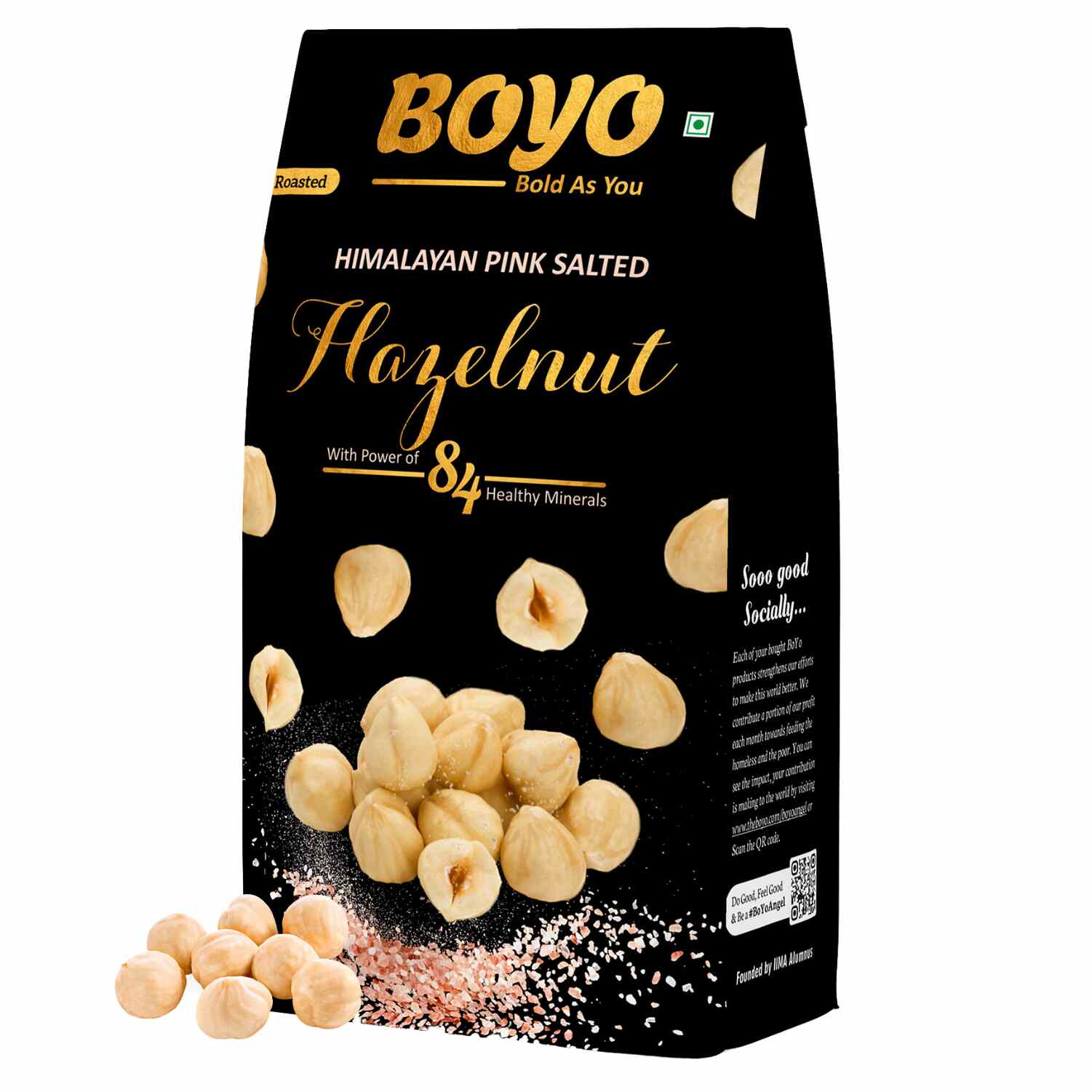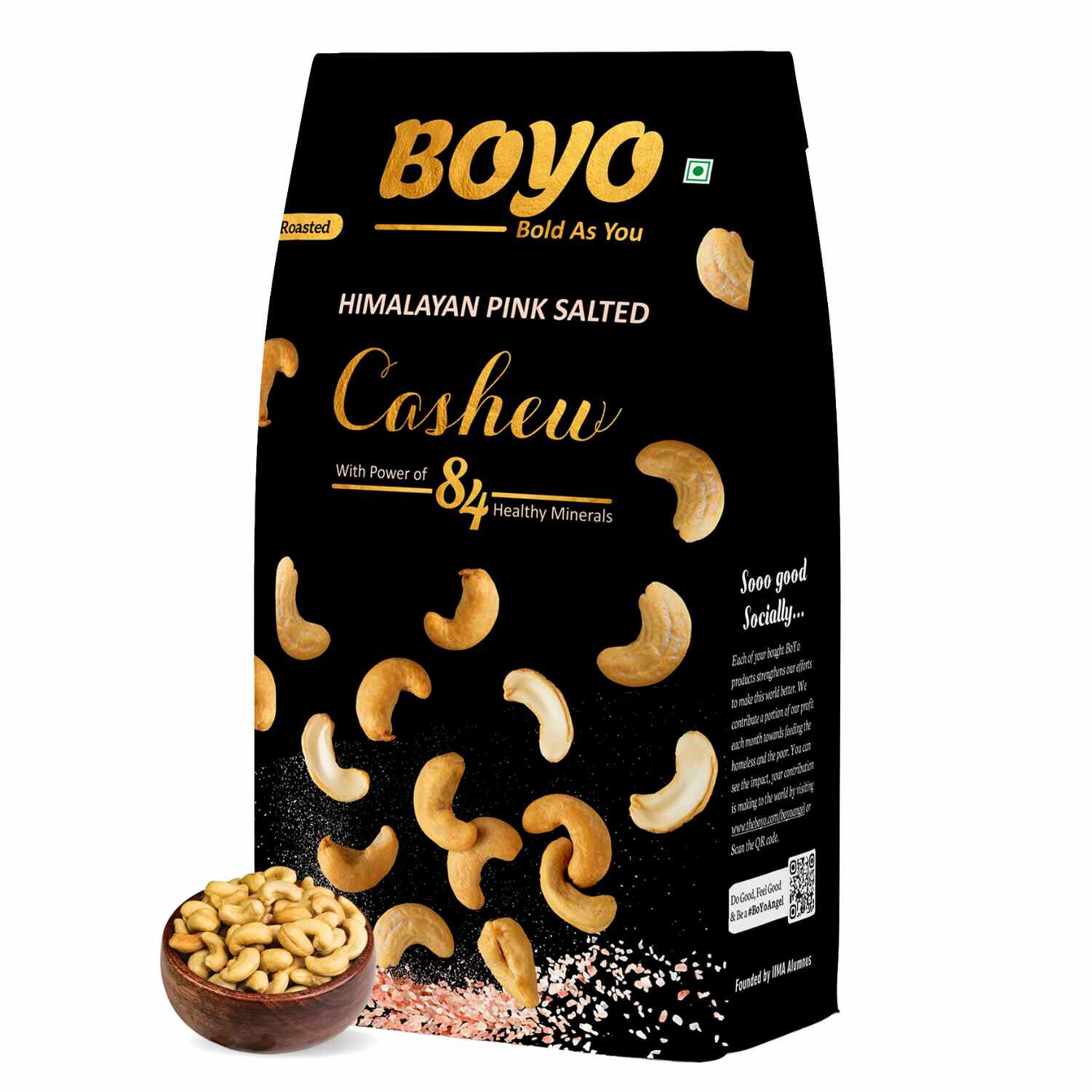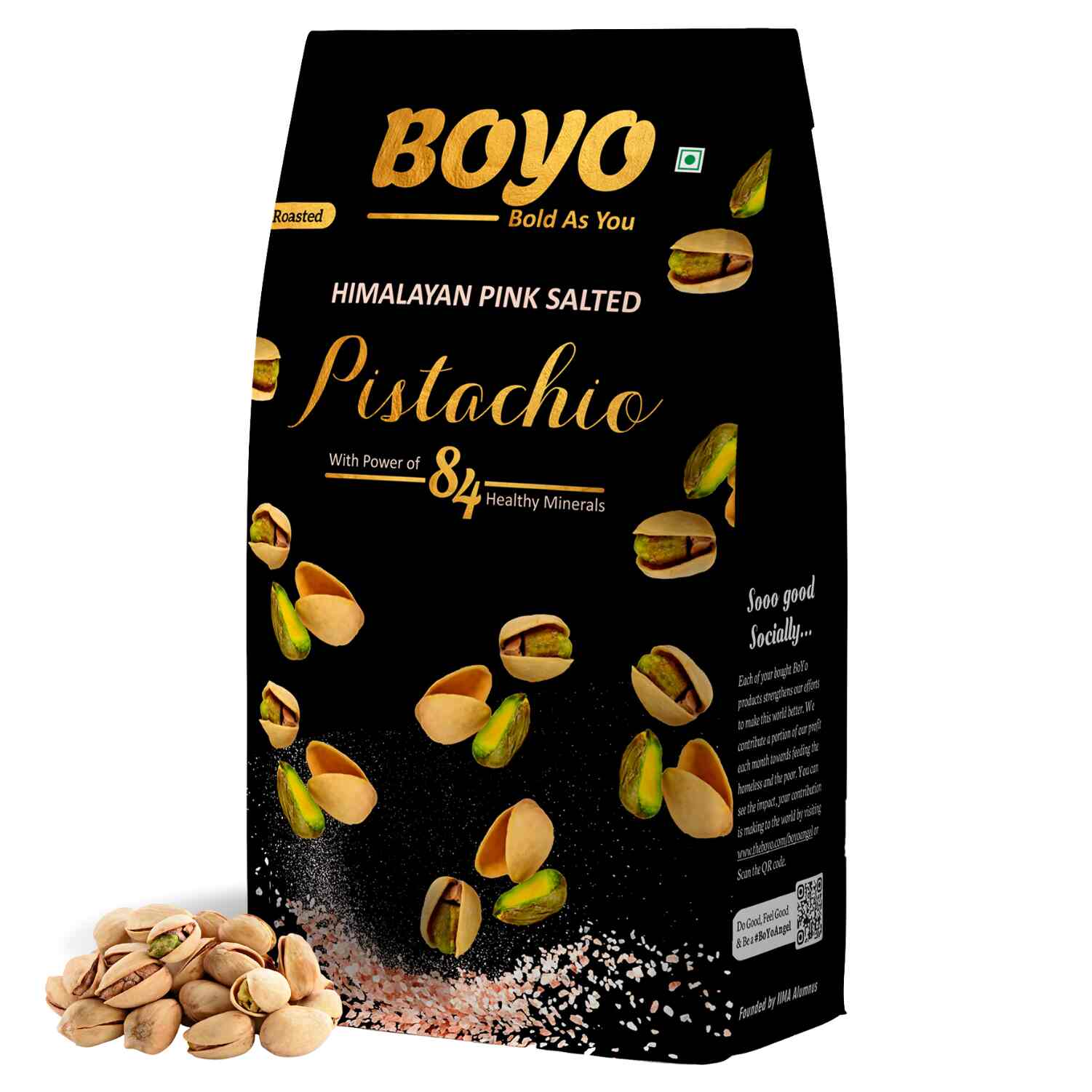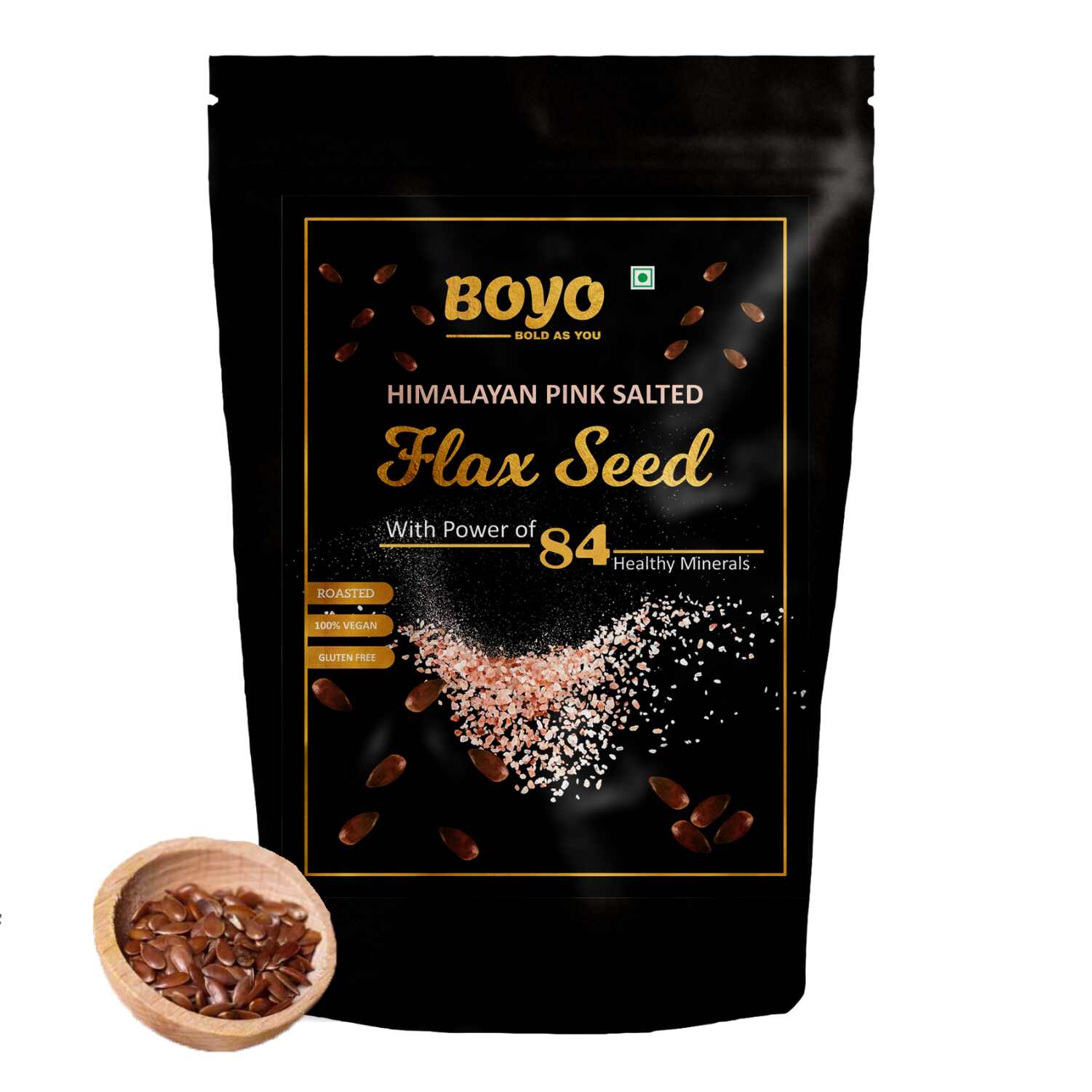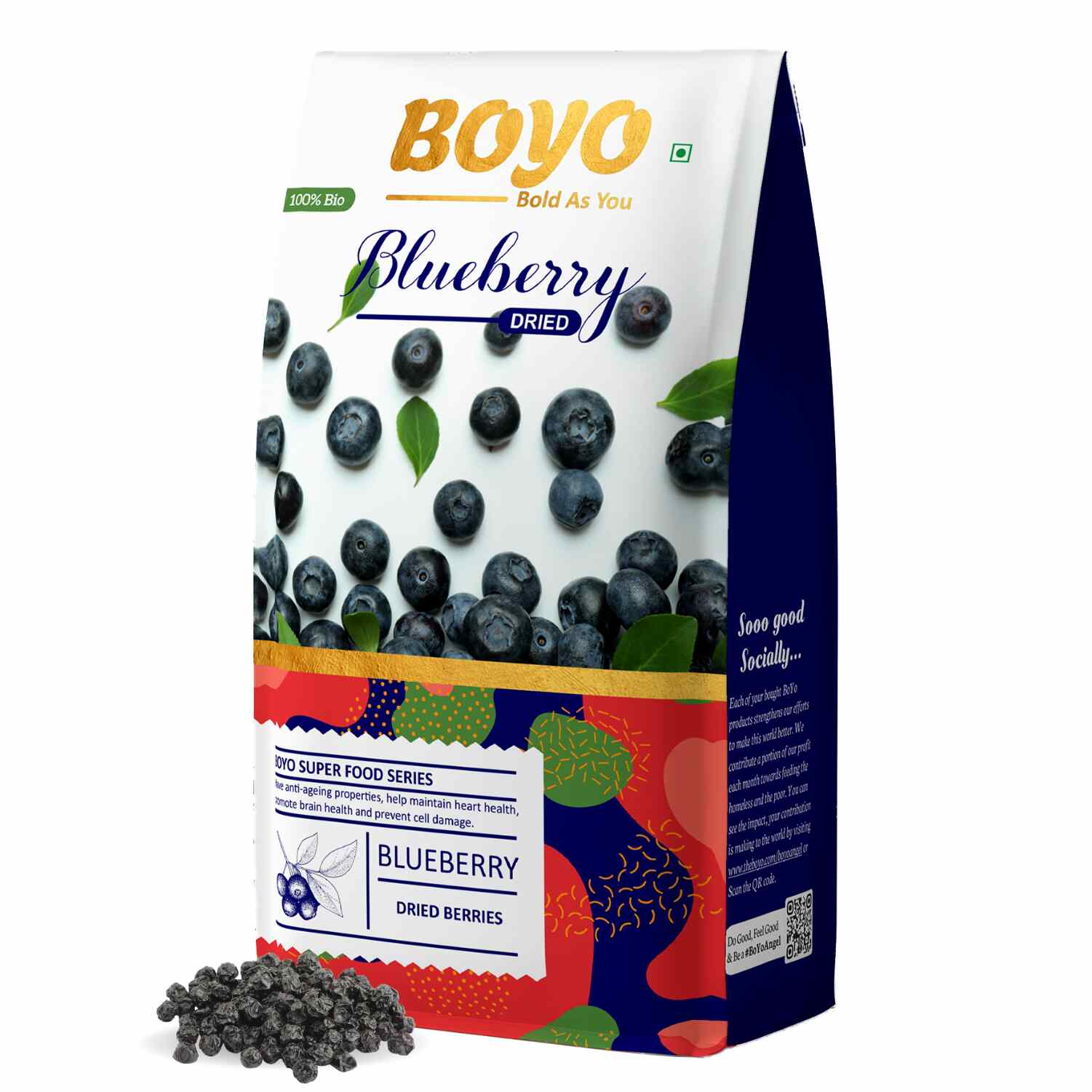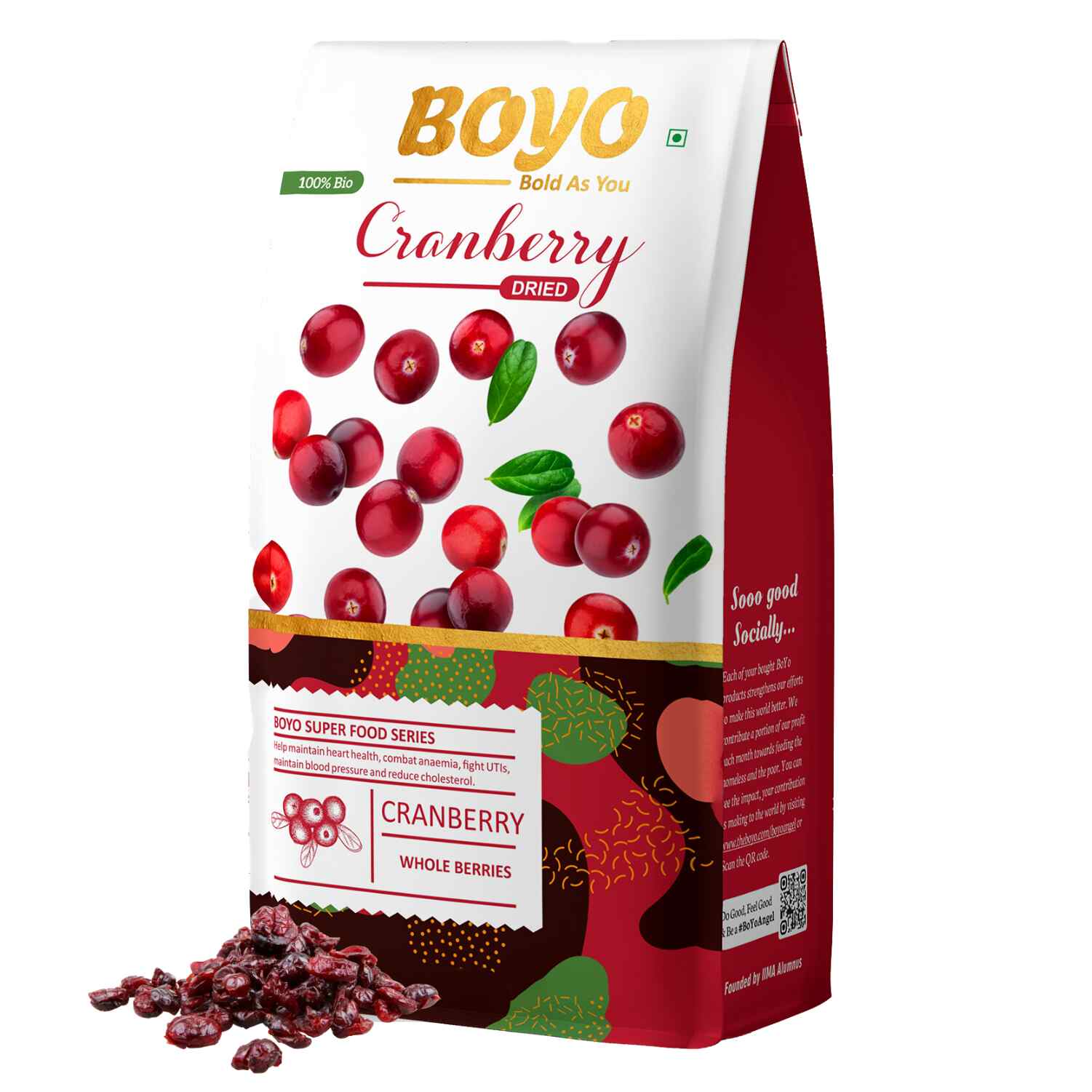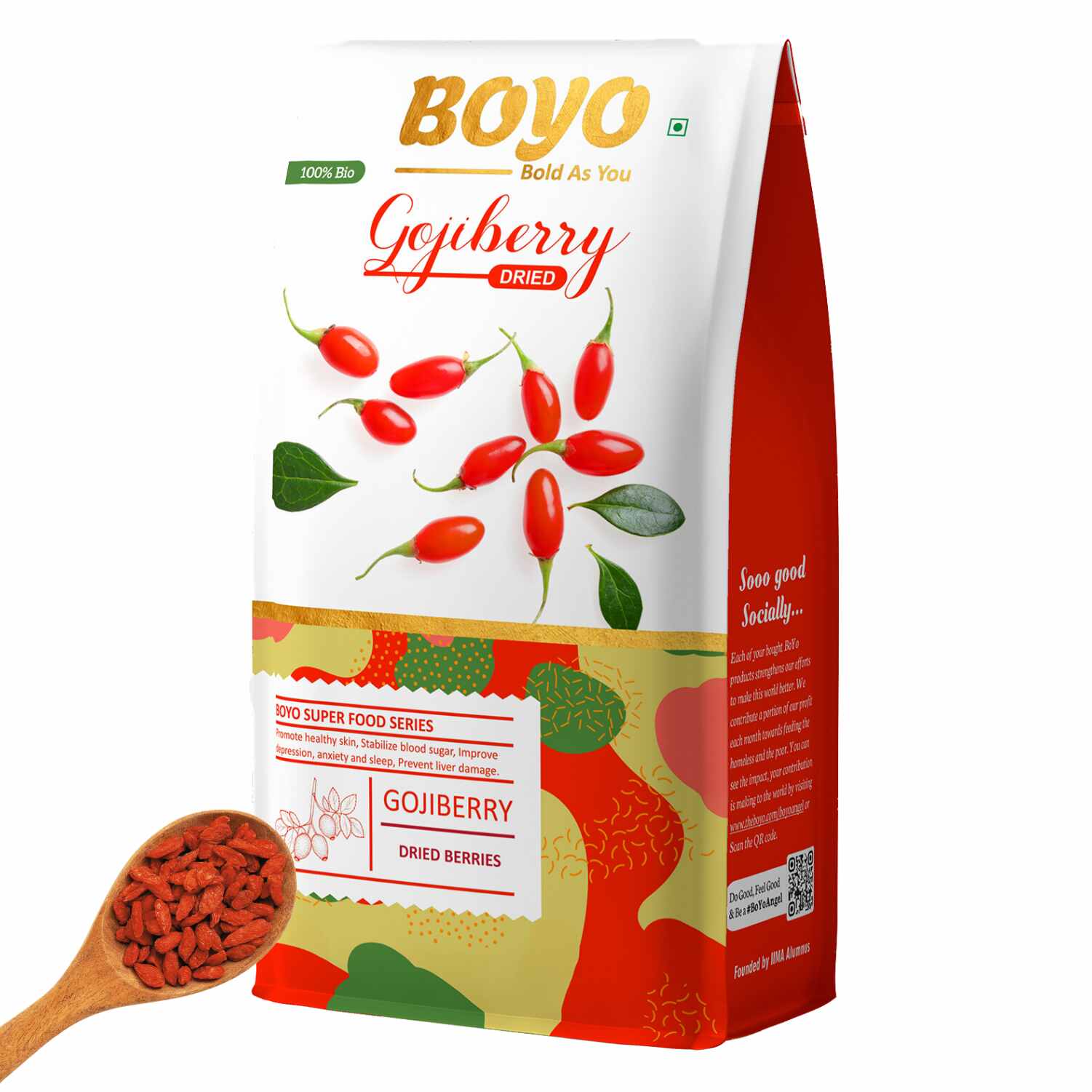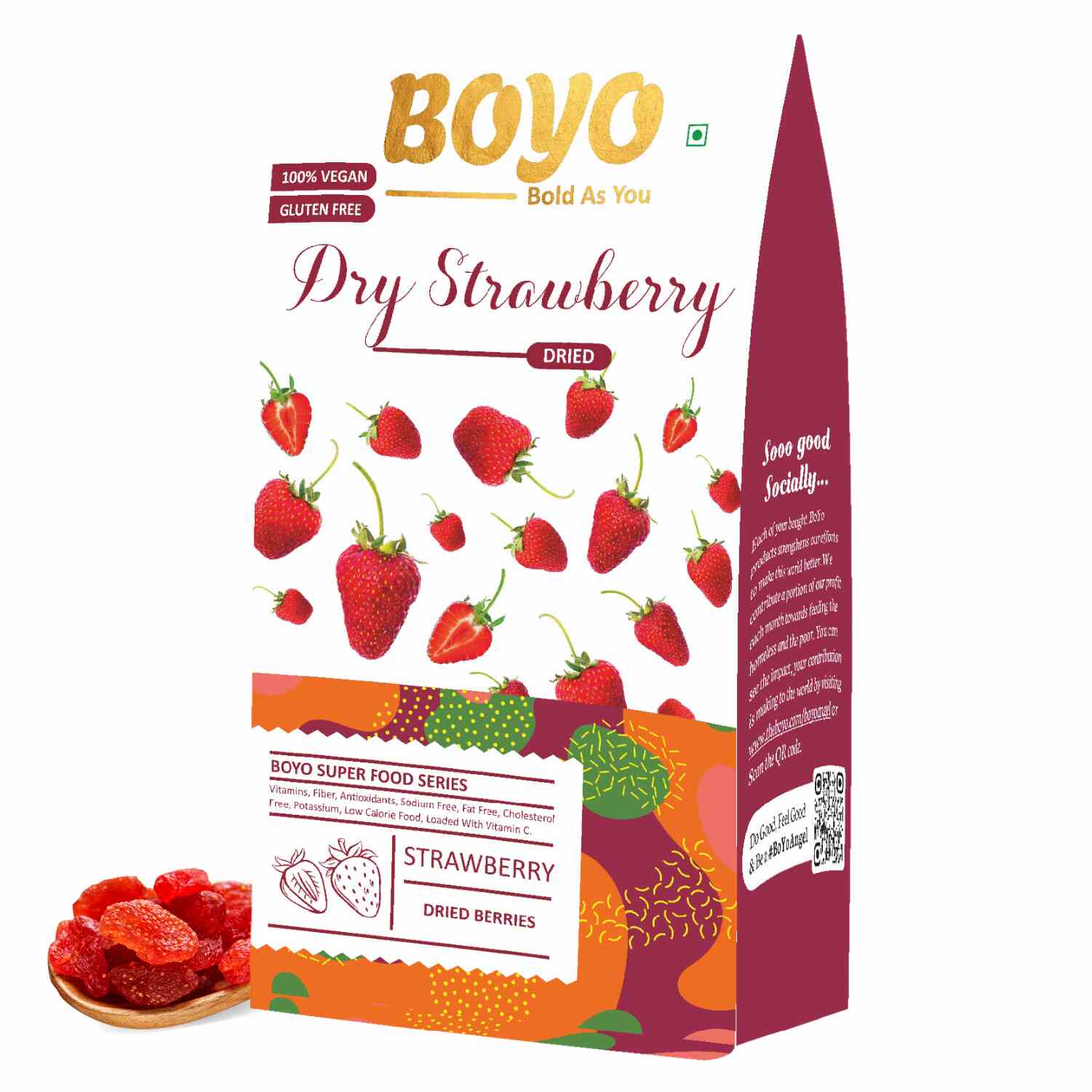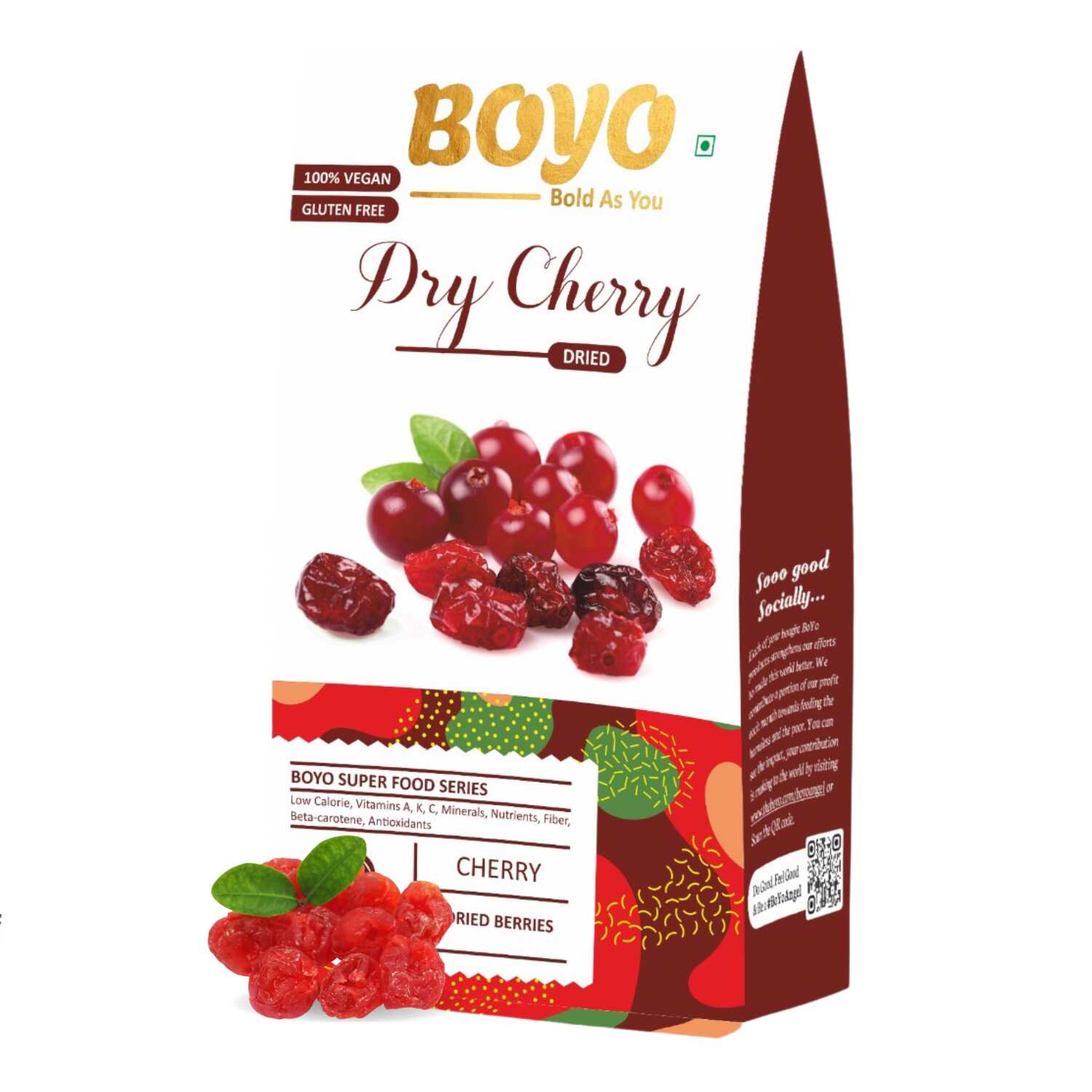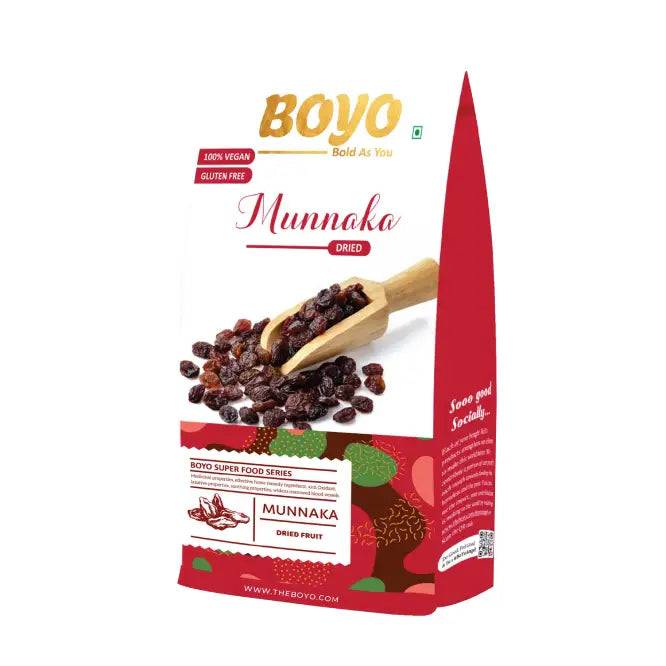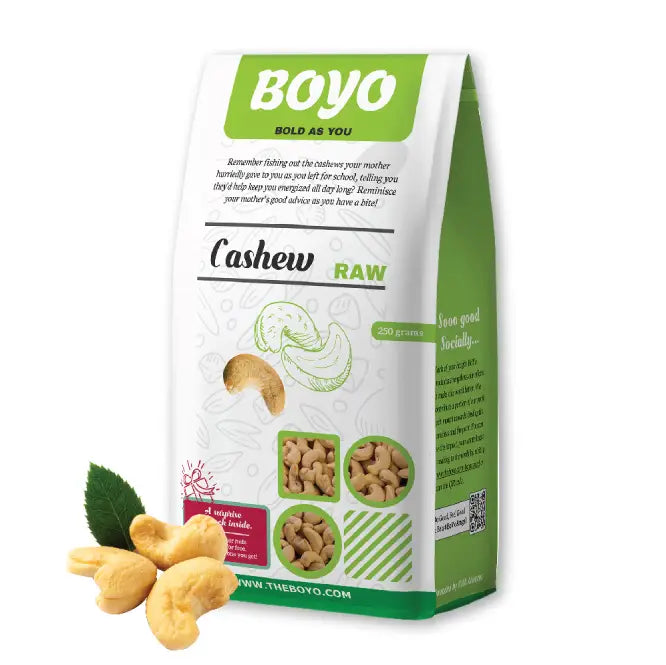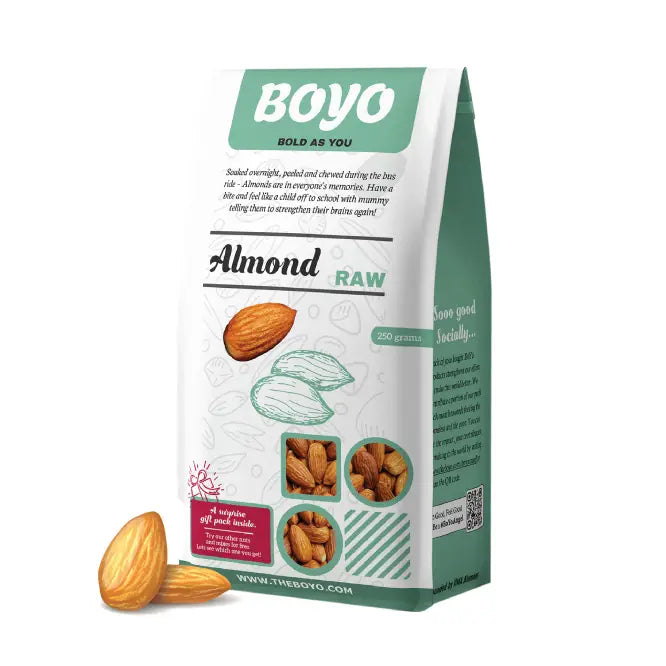
Uncovering the Top Health Benefits of Goji Berries

What is Goji berry?
Goji berries, also known as wolfberries, are small, red-orange fruits native to Asia, primarily China. These berries come from the Lycium barbarum and Lycium chinense plants and have been used in traditional Chinese medicine for centuries. Packed with essential nutrients, goji berries are renowned for their antioxidant properties, believed to promote overall health and well-being. They contain vitamins, minerals, and powerful antioxidants like zeaxanthin and beta-carotene, which are beneficial for eye health. Goji berries are versatile and can be consumed dried, fresh, or in juice form. They add a sweet and slightly tangy flavor to various dishes and are often touted for their potential health benefits.
Benefits of Goji Berry
-
Rich in Antioxidants: Goji berries are loaded with antioxidants, such as zeaxanthin and beta-carotene, which help combat oxidative stress and protect cells from damage.
-
Supportive of Eye Health: The high levels of zeaxanthin in goji berries are linked to promoting eye health and preventing age-related macular degeneration.
-
Immune System Boost: The berries contain vitamin C, essential for a healthy immune system, helping the body defend against illnesses.
-
Potential Anti-Aging Properties: Some studies suggest that the antioxidants in goji berries may have anti-aging effects by reducing inflammation and promoting skin health.
-
Nutrient Dense: Goji berries are a good source of essential vitamins and minerals, including vitamin A, vitamin C, iron, and fiber.
-
Blood Sugar Regulation: There's some evidence to suggest that goji berries may help regulate blood sugar levels.
Goji berry health benefits
-
Antioxidant Powerhouse: Rich in antioxidants like zeaxanthin and beta-carotene, goji berries combat oxidative stress, potentially reducing the risk of chronic diseases.
-
Eye Health: Zeaxanthin in goji berries supports vision and may protect against age-related macular degeneration, benefiting overall eye health.
-
Immune System Boost: High vitamin C content enhances immune function, aiding in the body's defense against infections and illnesses.
-
Nutrient Density: Packed with essential vitamins (A, C, B2), minerals (iron, selenium, zinc), and amino acids, goji berries contribute to overall nutrient intake.
-
Anti-Inflammatory Properties: Goji berries may help reduce inflammation due to their antioxidant and anti-inflammatory compounds.
-
Blood Sugar Regulation: Some studies suggest goji berries may help stabilize blood sugar levels, potentially benefiting individuals with diabetes.
Goji berry benefits for skin
-
Antioxidant Protection: Rich in antioxidants like beta-carotene and zeaxanthin, goji berries help combat free radicals that contribute to premature aging and skin damage.
- Anti-Aging Properties: The antioxidants in goji berries may reduce the appearance of fine lines and wrinkles, promoting a more youthful complexion.
- Collagen Production: Goji berries contain nutrients that support collagen synthesis, a protein crucial for maintaining skin elasticity and firmness.
- UV Radiation Protection: Some studies suggest that the antioxidants in goji berries may help protect the skin from UV radiation damage, potentially reducing the risk of sun-related skin aging.
- Hydration: Goji berries have a high water content, contributing to skin hydration and helping maintain a healthy moisture balance.
















